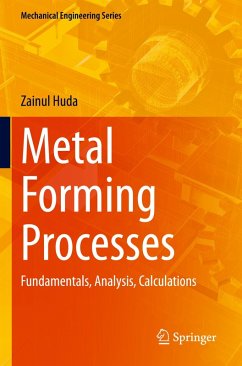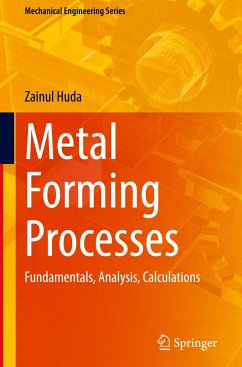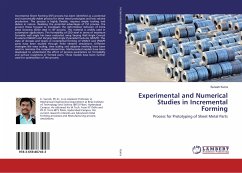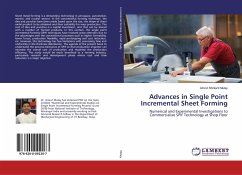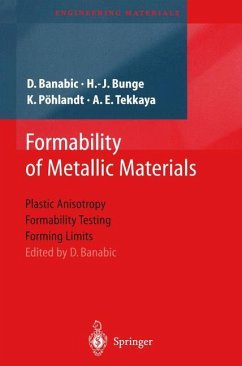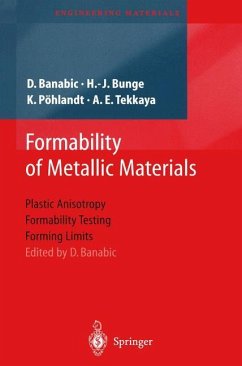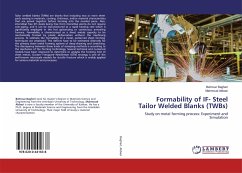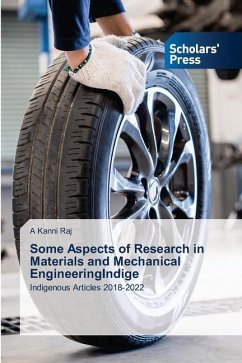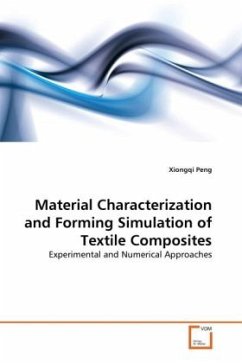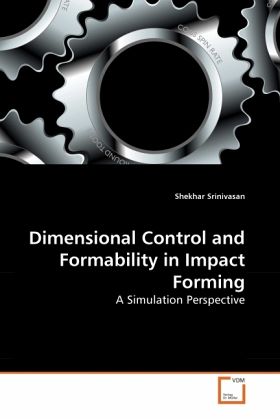
Dimensional Control and Formability in Impact Forming
A Simulation Perspective
Versandkostenfrei!
Versandfertig in 6-10 Tagen
32,99 €
inkl. MwSt.

PAYBACK Punkte
16 °P sammeln!
Traditional stamping technologies that sheet sandwich a metal between the punch and have several inherent limitations such as the use of heavy tools, localized deformation that damage the parts and inhibit consistency. High speed forming is a light weight tooling assembly that forms the part without using any punch. Electromagnetic forming is a high speed forming technology that is used for embossing fine surface features onto sheet metals. The dynamics of sheet metal impact is presented through a simulation study. The primary objective of this work is to illustrate the utility of the numerica...
Traditional stamping technologies that sheet sandwich a metal between the punch and have several inherent limitations such as the use of heavy tools, localized deformation that damage the parts and inhibit consistency. High speed forming is a light weight tooling assembly that forms the part without using any punch. Electromagnetic forming is a high speed forming technology that is used for embossing fine surface features onto sheet metals. The dynamics of sheet metal impact is presented through a simulation study. The primary objective of this work is to illustrate the utility of the numerical models for experimental design of flat- ridged parts. Critical factors that influence the product quality are investigated. The high impact energy translates into appreciable rebound that adversely affects the product shape. Interface conditions critically influence the shape of the final part. Friction is beneficial in high speed forming unlike traditional stamping where friction leads totearing of the sheet metal. Shape fidelity is investigated through a prototypical study of the expansion of a round tube into a square get it.



